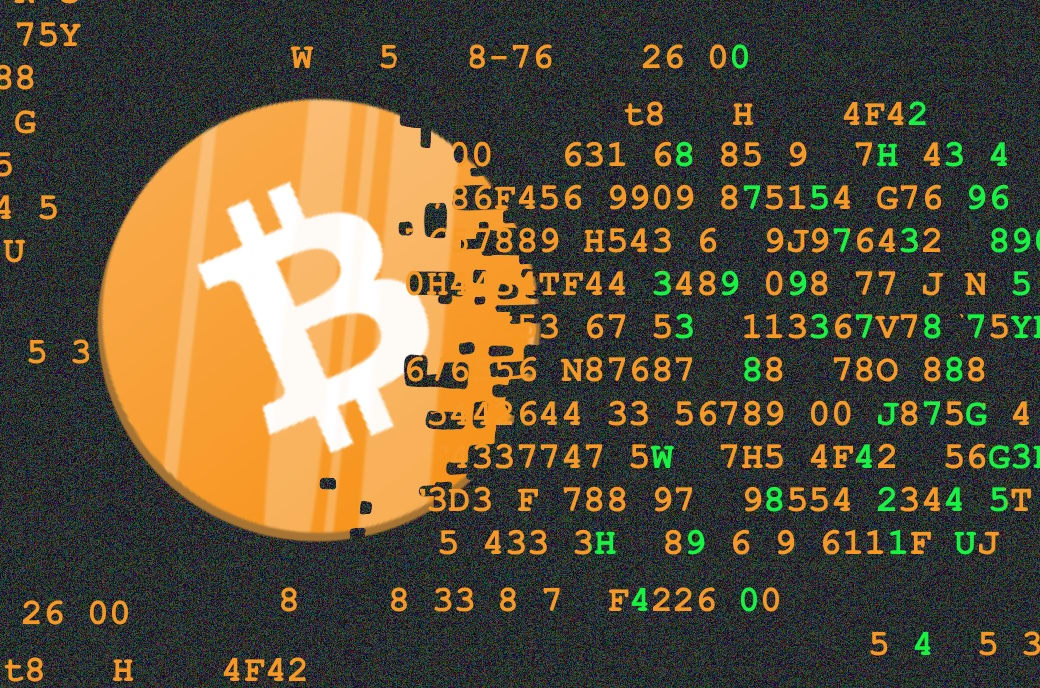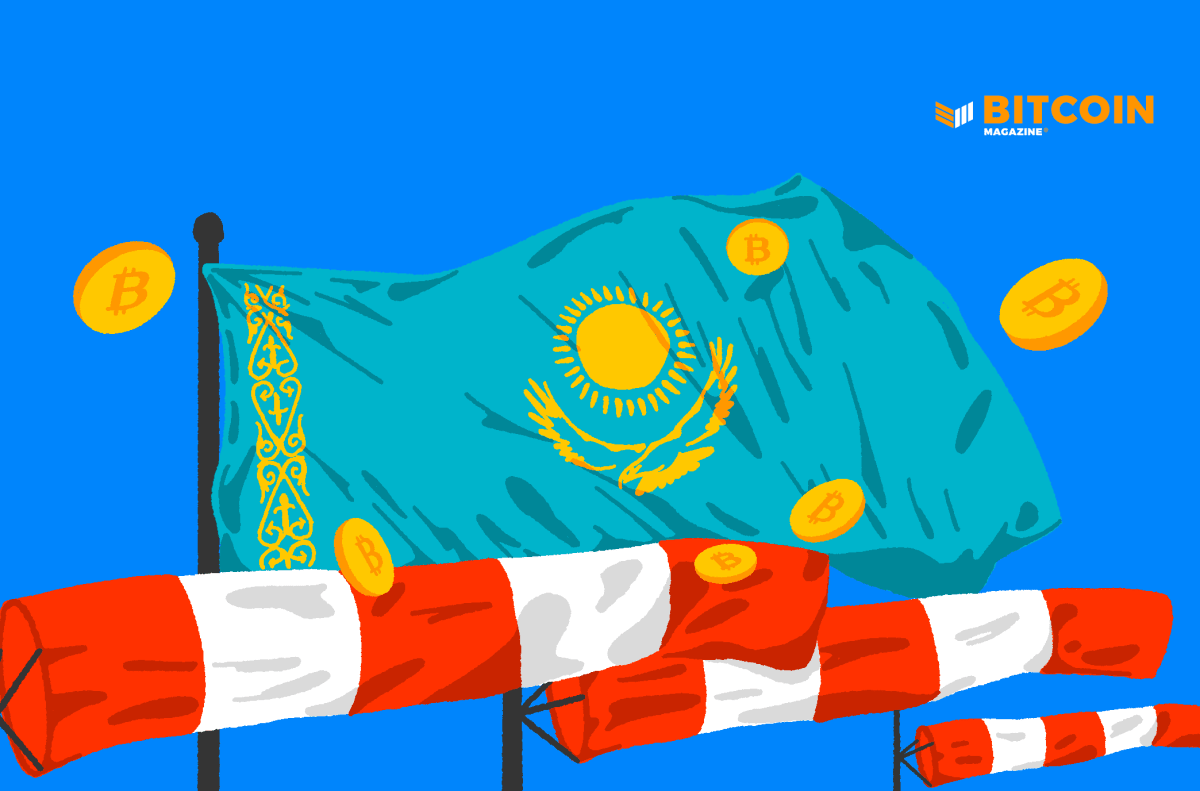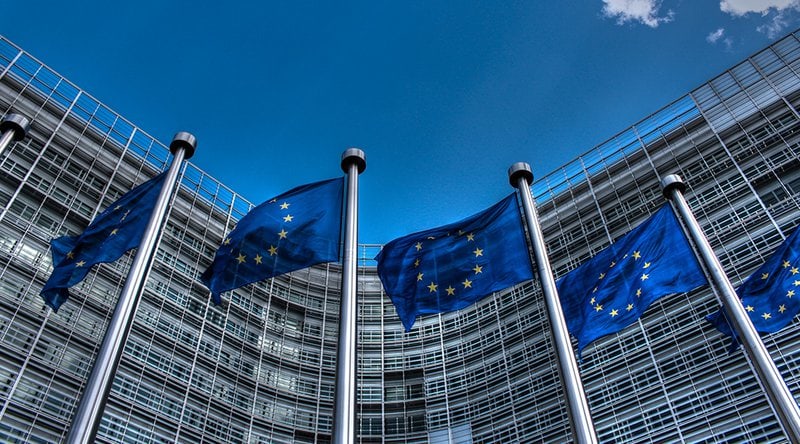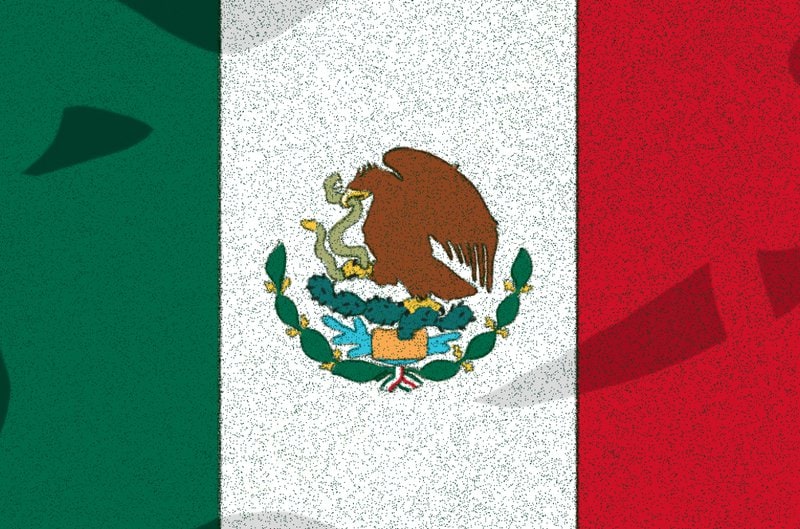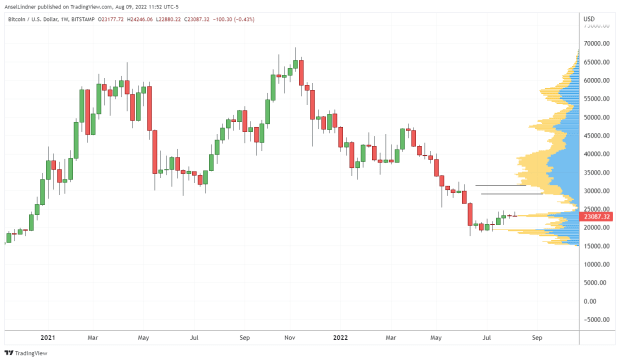Bitcoin Mining in Africa: What Can Be Done to Encourage Mining?
The next bitcoin gold rush will be in Africa. Solar and wind energy can promote sustainable bitcoin mining in Africa.
These statements ooze of optimism. However, optimism is often only on paper. In the real world, Africa is far from being a bitcoin mining hub.
Strict regulations, costly electricity prices and the high cost of setting up a mining rig are some of the major reasons why the African mining community is spread so thin.
The Mining Community in Africa
Africa contributes less than 10 percent of the total bitcoin hash rate. Mining communities mainly exist in South Africa, Egypt, Kenya, Ghana, Nigeria and Uganda.
Each of these countries has specific demographics that either encourage or discourage mining.
Egypt
Bitcoin mining in Egypt is shrouded in secrecy. Egyptian authorities have historically held a tough approach toward digital coins. Although cryptocurrencies are technically not illegal, authorities often associate them with illegal activities, and any person found mining or in possession of cryptocurrencies can be arrested.
Despite the risk, the Egyptian mining community continues to grow. Egypt has a network of underground Bitcoin and Ethereum miners spread across Cairo, although most of them operate under the radar.
The low electricity fees that Egyptians pay is the main reason why the mining community is growing. Egyptians pay somewhat lower electricity fees compared to other Africans. These low electricity fees translate to higher profit margins.
Kenya
Kenyans are among the top Bitcoin users in Africa. The country has no crypto regulations set in place. Unlike Egypt, mining is done openly. However, the government has openly warned its citizens against dealing with Bitcoin.
In 2017, Eugene Mutai became an internet sensation after CNN aired a story about his cryptomining venture inside his Nairobi apartment. Mutai is among the few Kenyans who earn a living from mining cryptocurrencies.
BitHub Africa, a blockchain accelerator program based in Kenya, also runs a mining operation. BitHub mines various coins including Ethereum, Ethereum classic and Ripple; it also runs two Bitcoin Lightning nodes.
South Africa
South Africa is Africa’s mining hub. The South African government has taken a relaxed approach to cryptocurrencies. The South African central bank has been experimenting with blockchain technology itself and is in the process of assessing the feasibility of a central bank issued digital coin.
South Africans also pay relatively lower fees for electricity compared to other African countries. Affordable electricity prices and the favorable environment created by the government’s approach to blockchain technology has made South Africa a mining hub.
The South African economy is also among Africa’s strongest. This strong economy has made it easier for South Africans to buy mining equipment. The availability of Bitmart stores in the country also makes it easier for residents to buy mining equipment. In most African countries, miners are forced to import components when building their rigs. South Africans have it easier.
Ghana
A discussion on Bitcoin mining in Africa is not complete without the mention of Ghana. The West African country is home to the first mining facility in Africa. Ghana Dot Com, an IT solutions company, established its mining facility in 2016, in a bid to promote bitcoin adoption in Africa.
This mining facility was set up despite the Ghanaian central bank prohibiting the use of bitcoin. Like other central banks, the Ghanaian central bank does not recognize bitcoin as a currency.
Why Hasn’t Bitcoin Mining in Africa Taken Off?
In a continent with 54 nations, why is bitcoin mining only present in five?
One of the main contributing factors is the high capital required to set up a mining rig. A basic mining rig is made up of either six or eight 1080 TI graphics cards connected to a basic computer set up. Setting up this basic rig costs slightly above $5,000. Very few Africans can afford to build a basic bitcoin mining rig.
For the few who can afford the mining rigs, high electricity prices are another problem they must contend with. In some African countries, electric companies are very unreliable. Blackouts can last up to three days, which discourages mining.
If you are lucky enough to afford a mining rig and live in a country with reliable and cheap electricity, tough government regulations can be the next hindrance you must overcome before enjoying the profits of your mining operation. Such is the case in countries like Egypt.
Furthermore, the hot climate in some African countries makes bitcoin mining unsuitable. Mining generates a lot of heat. In hot climates, mining hardware faces the risk of overheating. Mining in hot environments is expensive as one must invest heavily in cooling activities.
How to Promote Bitcoin Mining in Africa
Solar and Wind Energy Can Promote Sustainable Bitcoin Mining
Electricity prices are the main hindrance to bitcoin mining in Africa. Solar energy can provide an alternative source of electricity for cryptomining.
BitHub Africa has been working with a Zimbabwean company to establish a solar mining facility in Africa. BitHub has also been experimenting with using solar energy to mine in its Nairobi mining facility.
In Morocco, the African Development Bank, together with the EU and the World Bank, are working to establish an 800MW solar power plant. Other African countries, including Seychelles, Kenya, Uganda and South Africa are also in the process of constructing solar power plants.
The establishment of these solar power plants is likely to result in lower electricity costs, which may promote the establishment of mining pools in African countries.
Wind energy can also help to promote Bitcoin mining in Africa. Brookstone partners, a New York equity company, is planning to construct a 900MW wind farm in Morocco. The facility will power a data center and a bitcoin mining facility.
Wind and solar energy provide cheaper and more sustainable sources of electricity. African countries have both these natural resources in abundance. If they were to take advantage of these resources, it would be possible to establish sustainable Bitcoin mining pools across the continent.
Cloud Mining Provides an Affordable Alternative to Mining Rigs
Africans who can’t afford the initial cost of setting up a mining rig can earn bitcoin through cloud mining. Cloud mining entails sharing processing power.
Cloud mining has several benefits. First, you don’t have to contend with high electricity costs. You also enjoy a cooler and quieter home. In case mining ceases to be profitable, you are also not left with equipment to sell.
Cloud mining facilities can promote Bitcoin mining in Africa, especially with the construction of solar and wind power facilities.
Conclusion
With Chinese authorities considering a ban on cryptomining in the country, Africa has a chance to break out and become the leading bitcoin exporter in the world.
However, for Africa to become a bitcoin mining hub, a lot needs to be done in terms of investment and regulations.
The post Bitcoin Mining in Africa: What Can Be Done to Encourage Mining? appeared first on Bitcoin Magazine.




